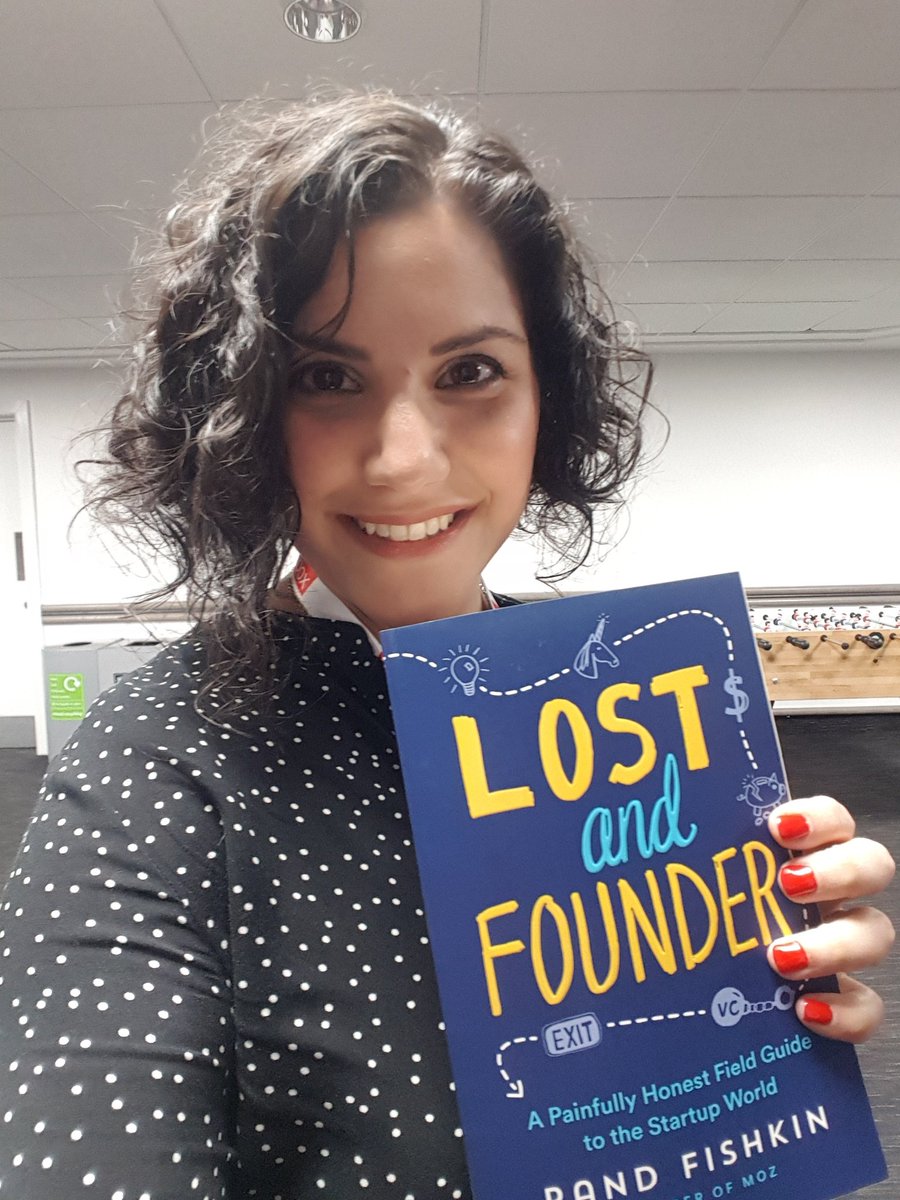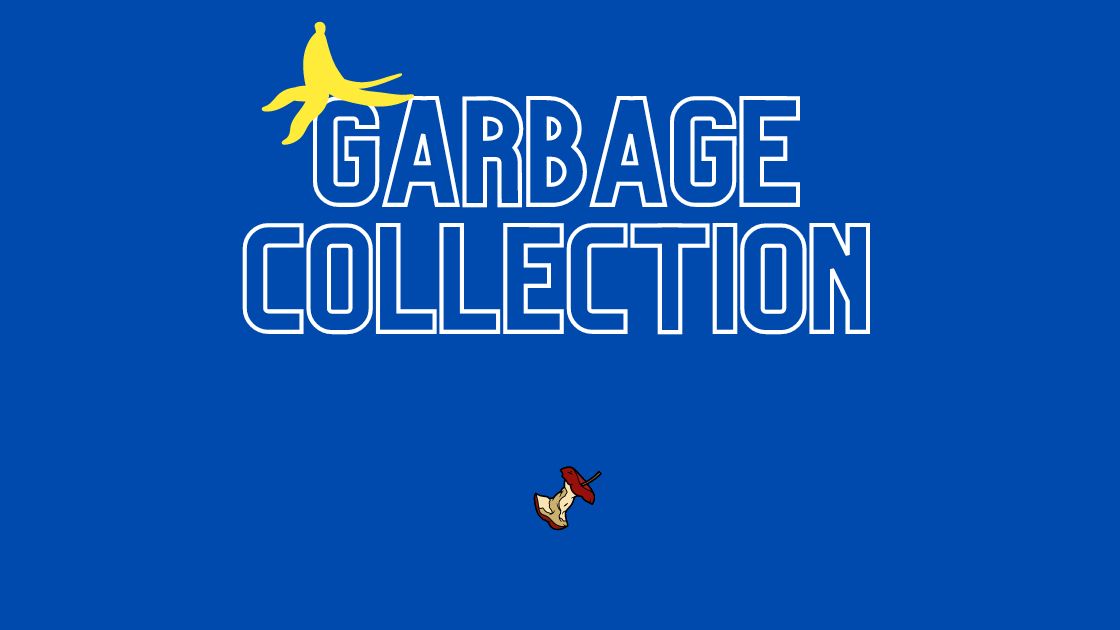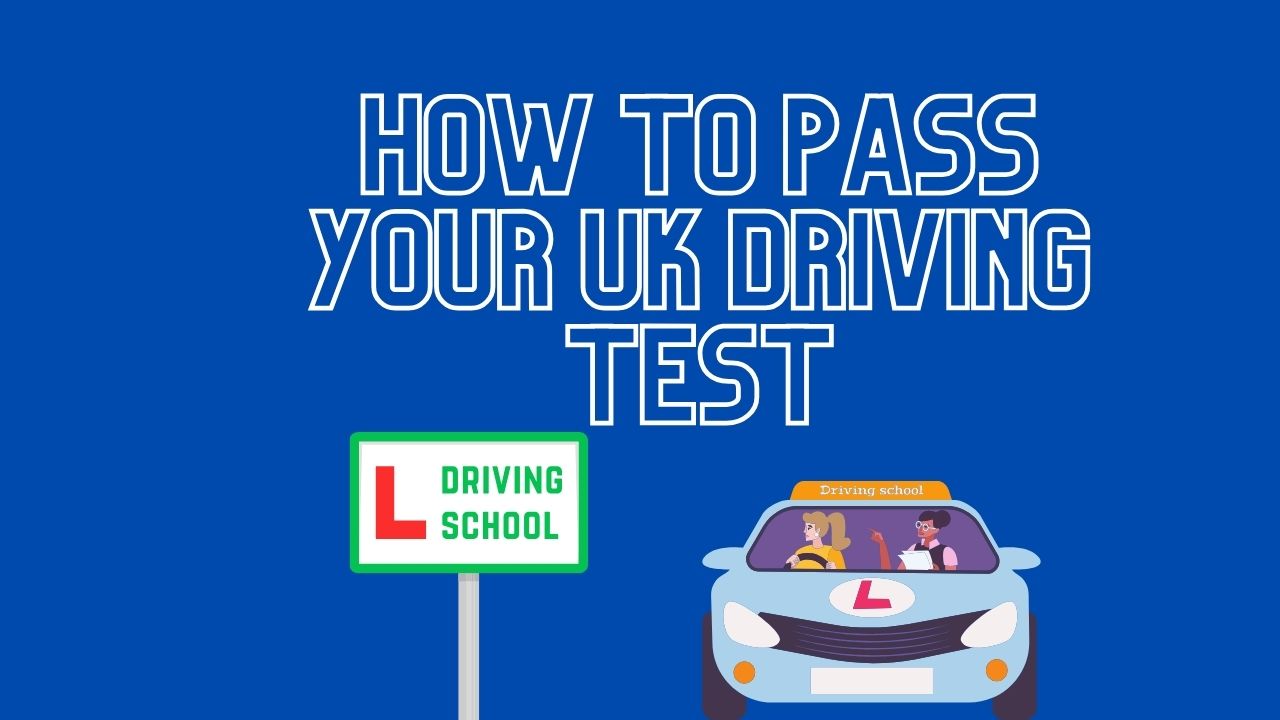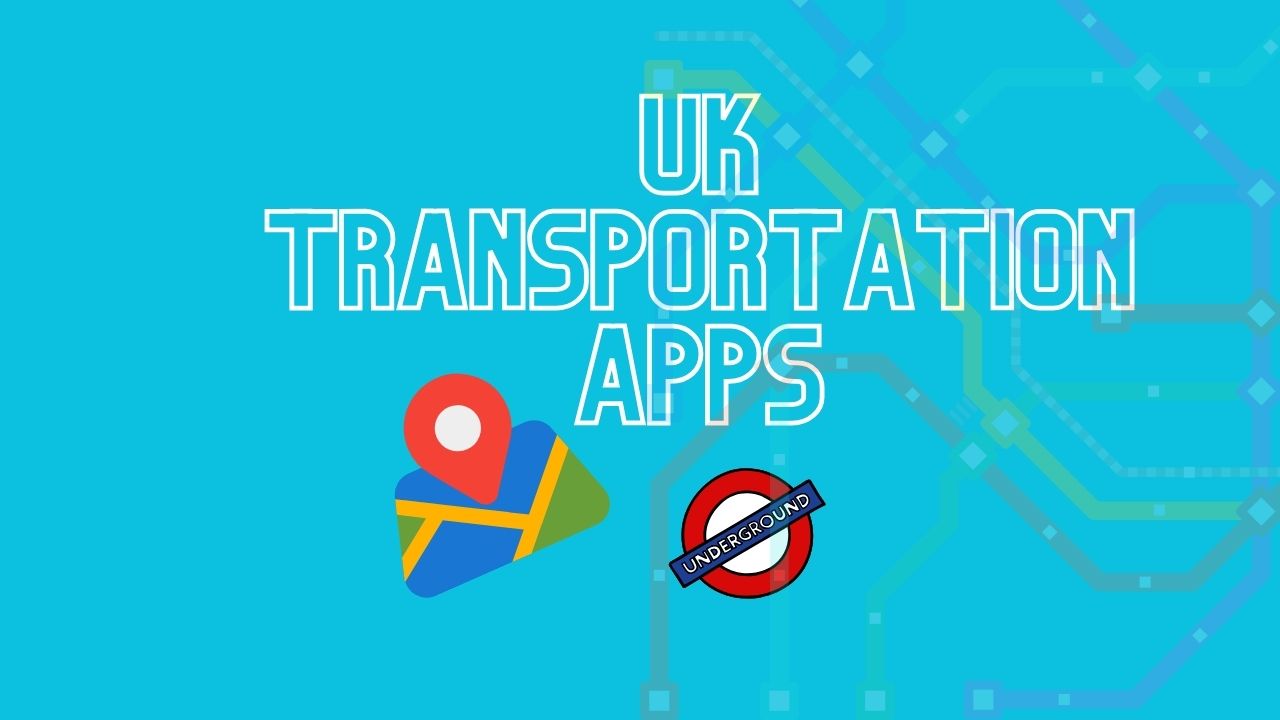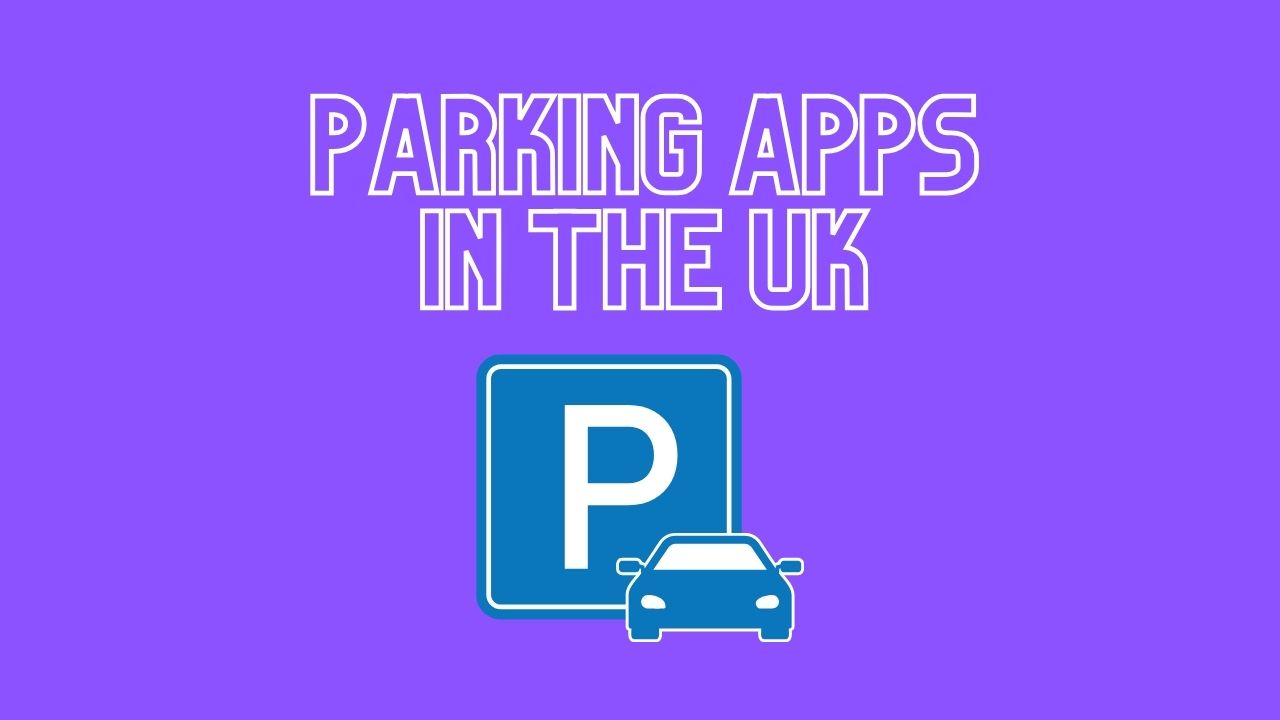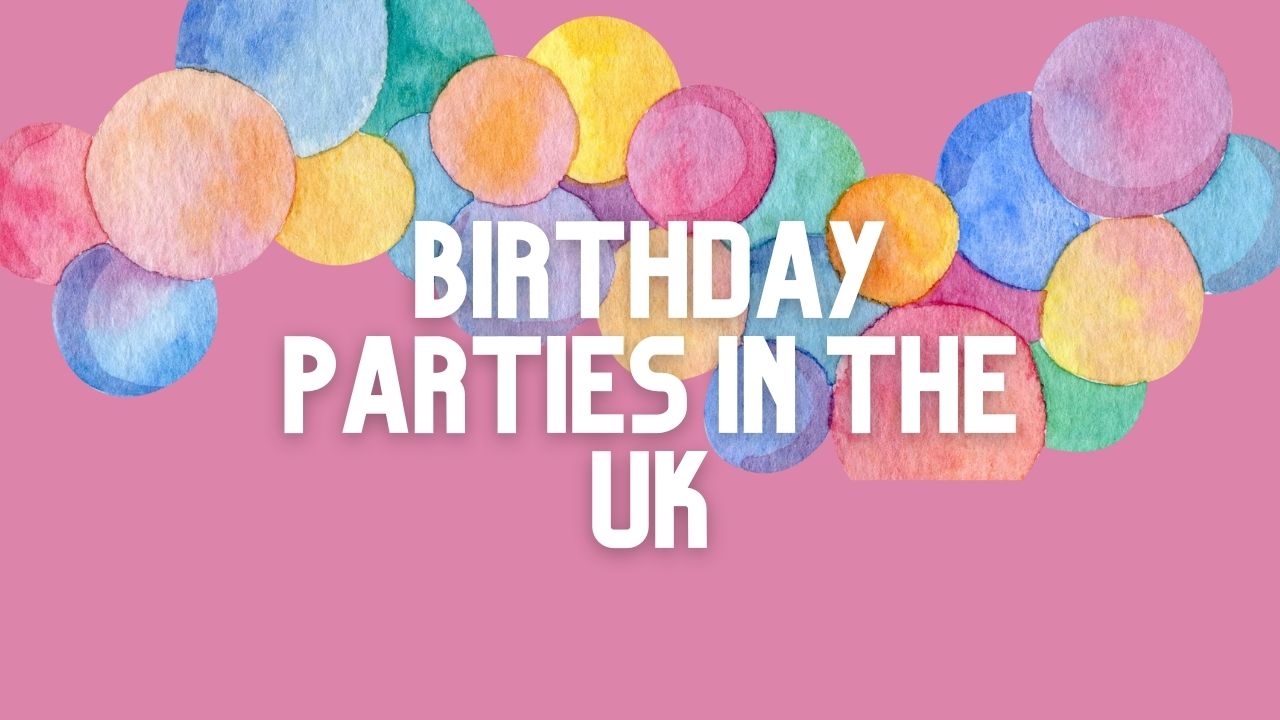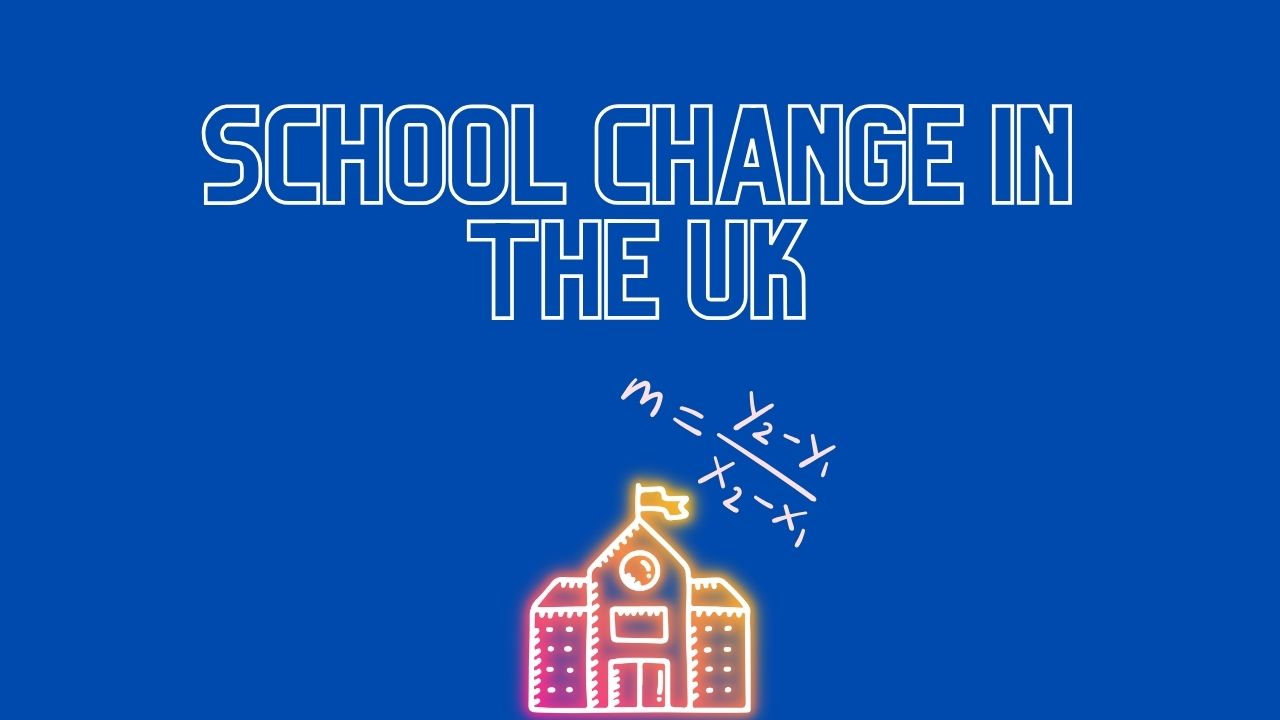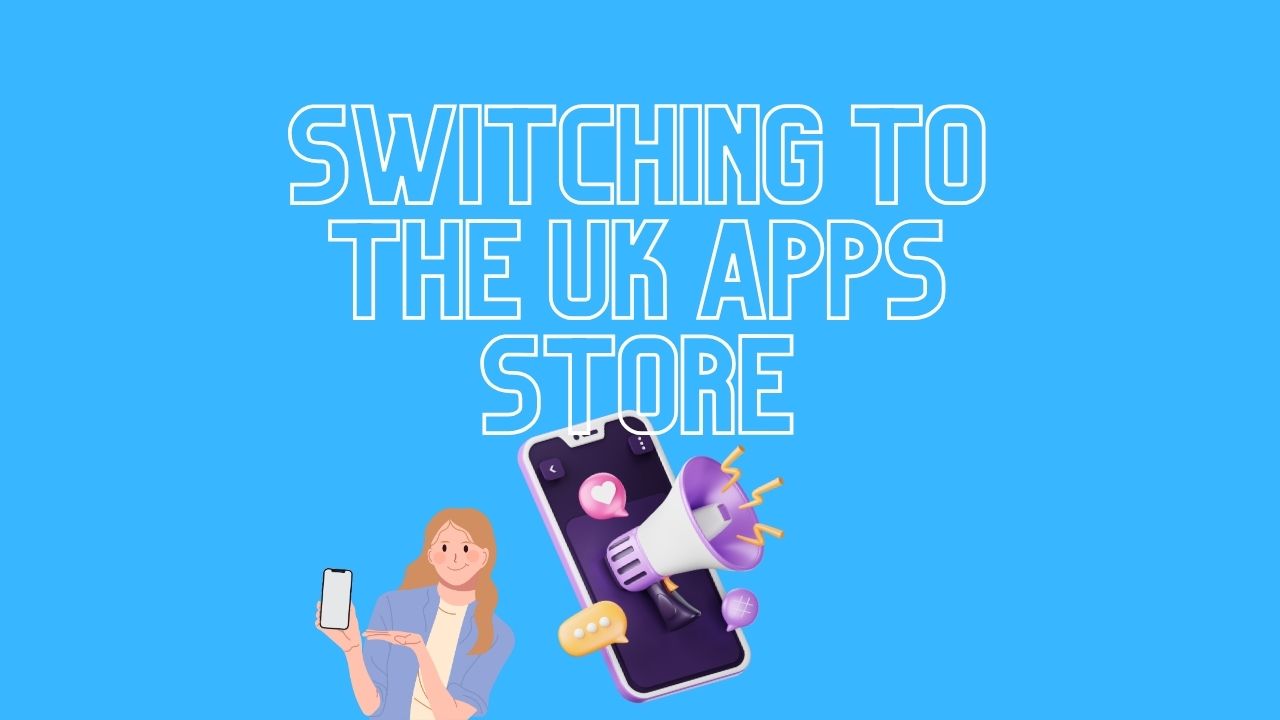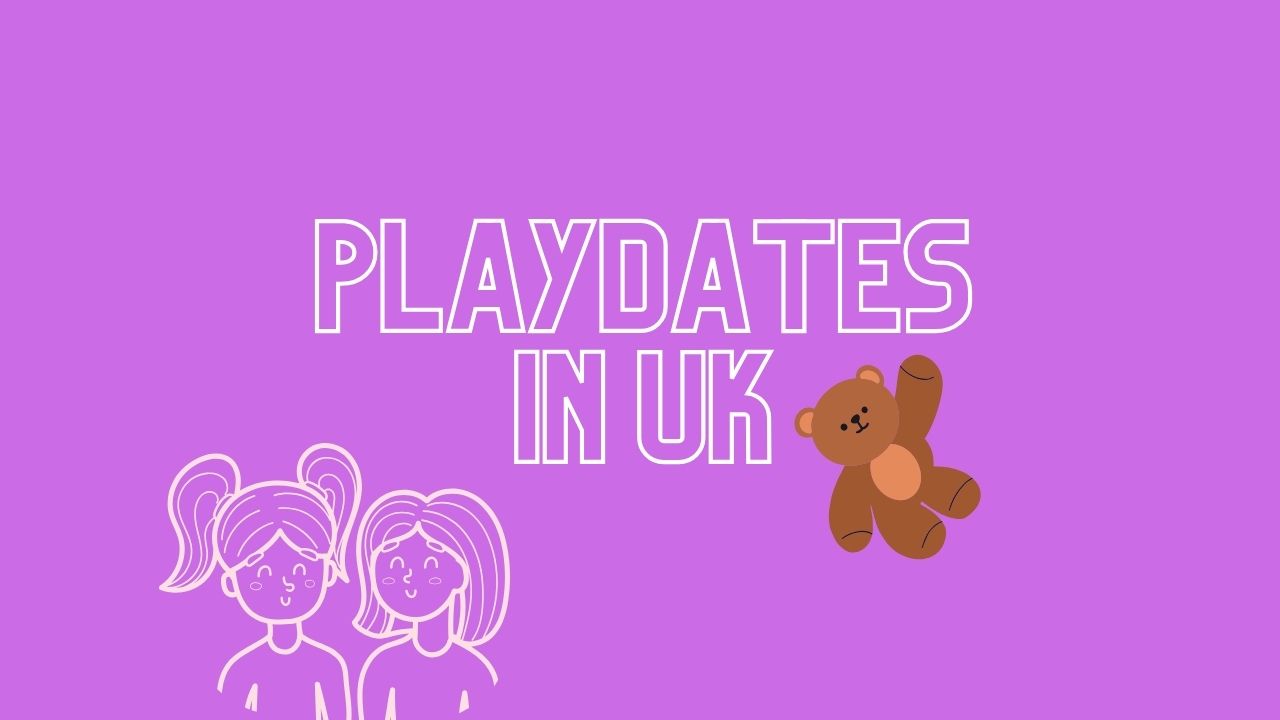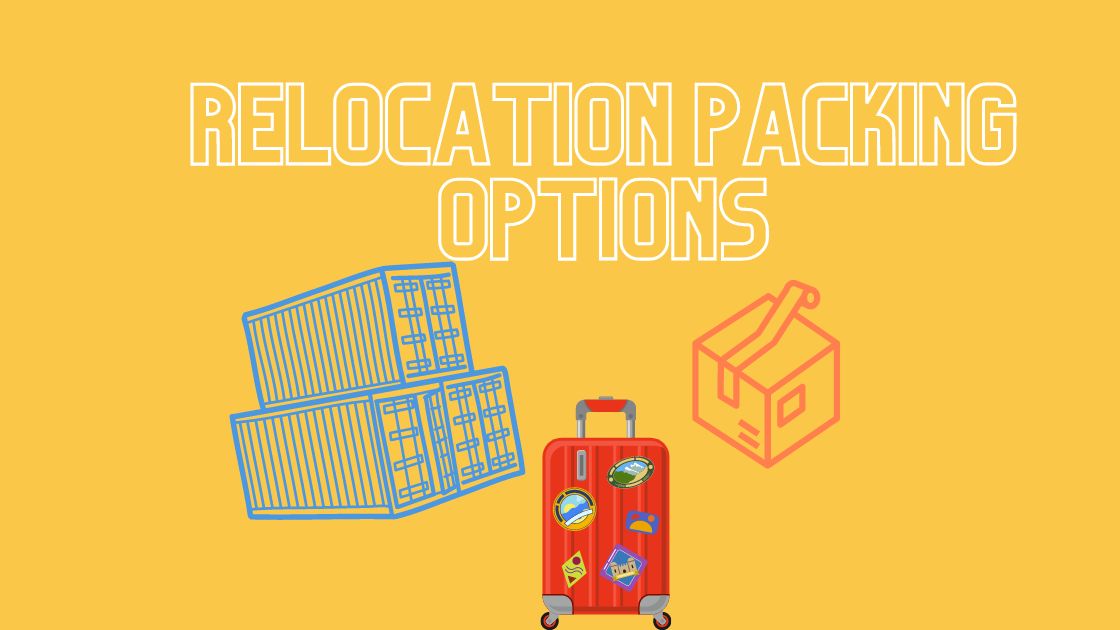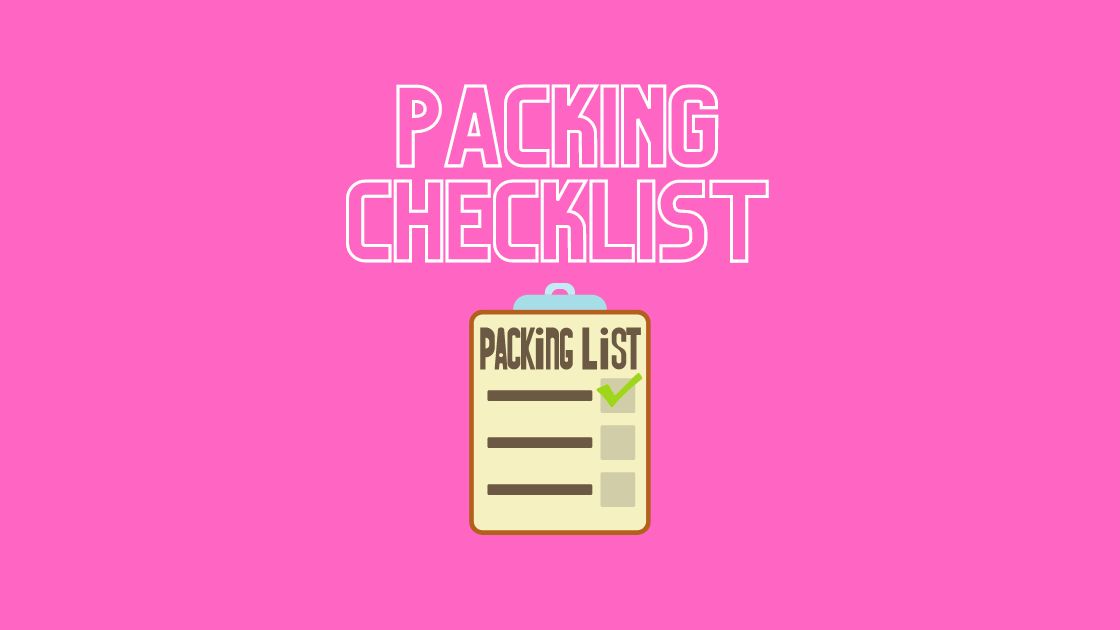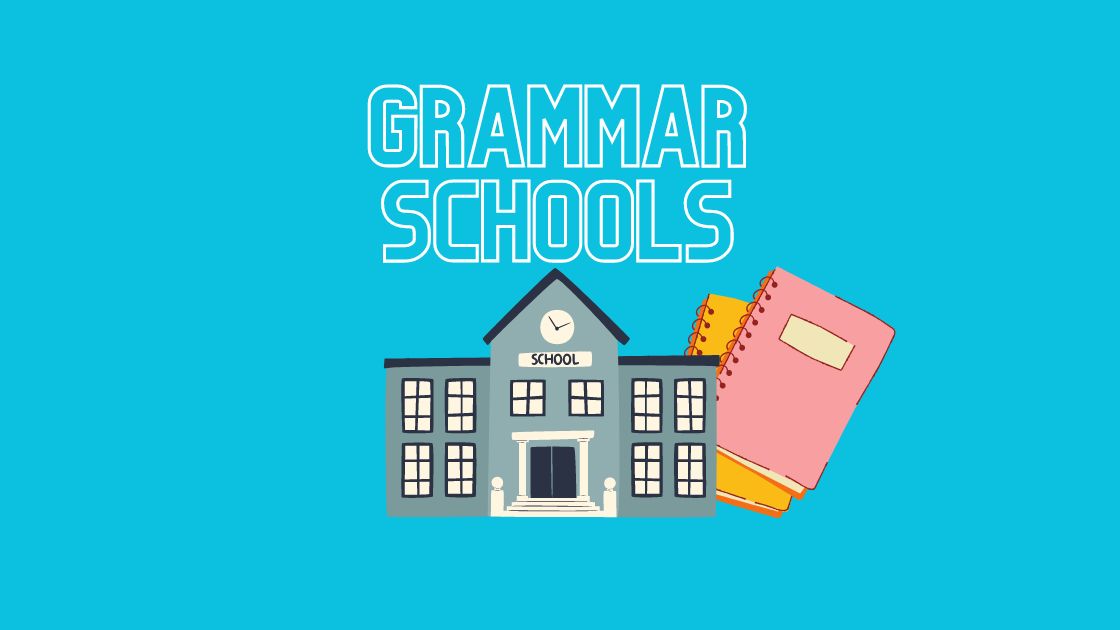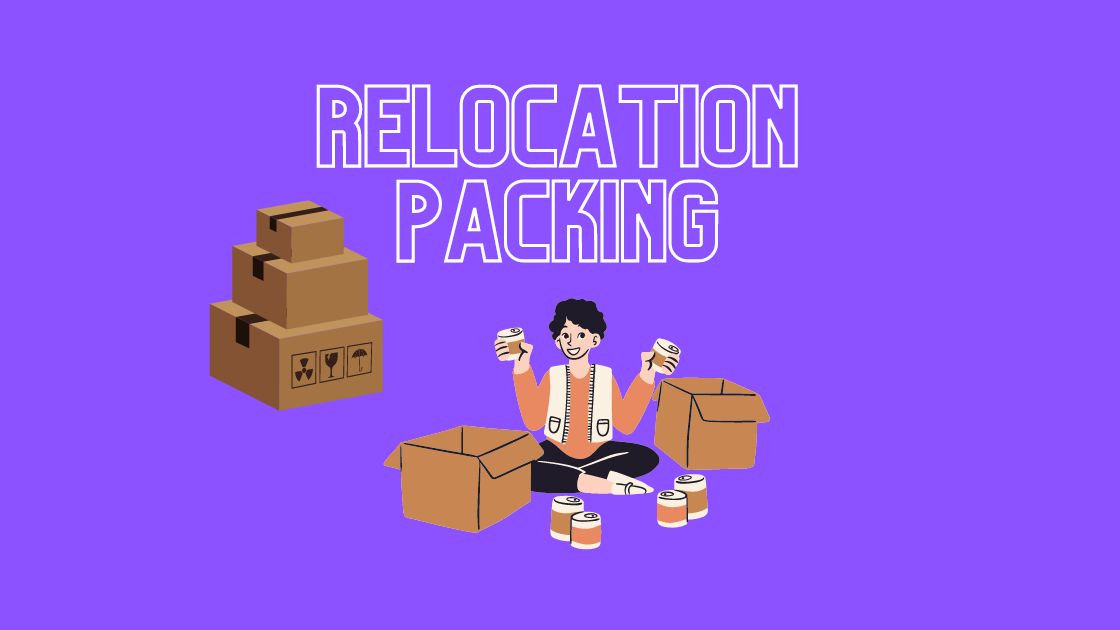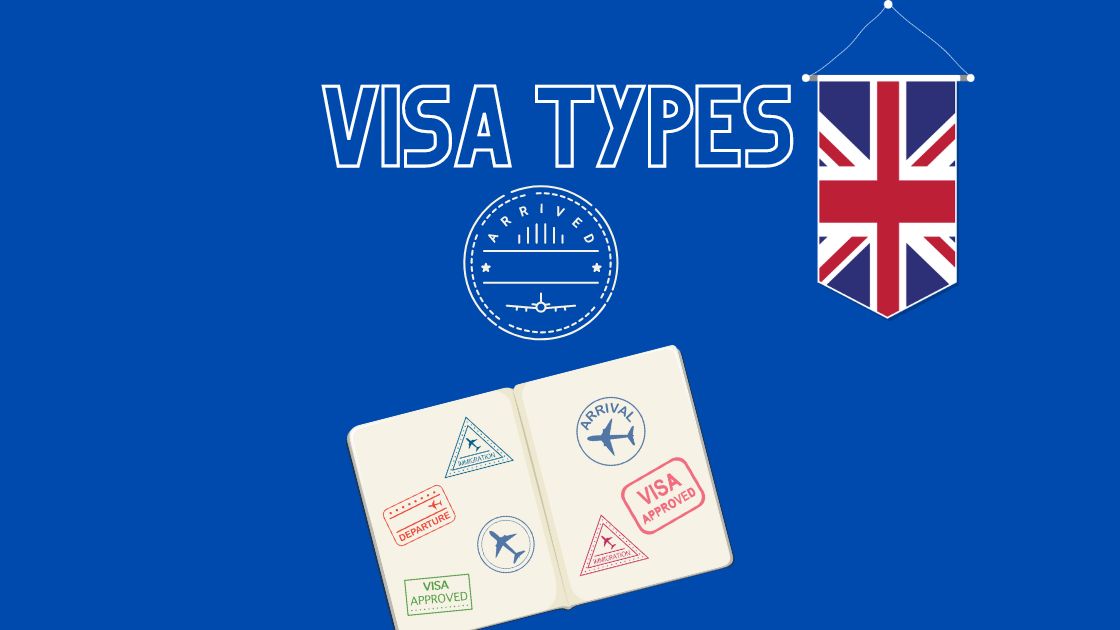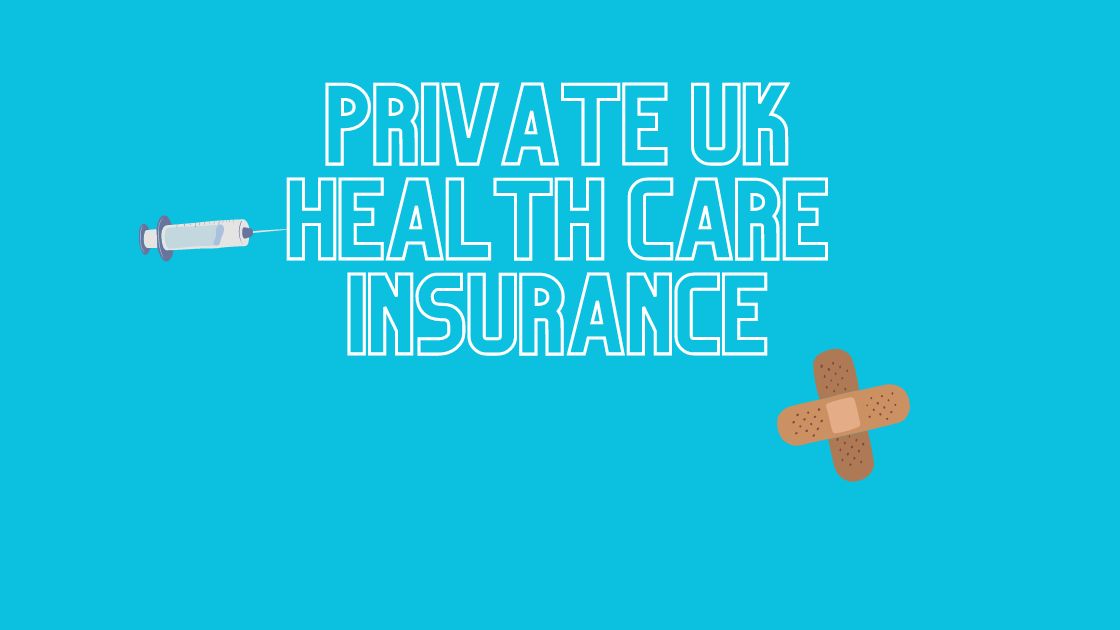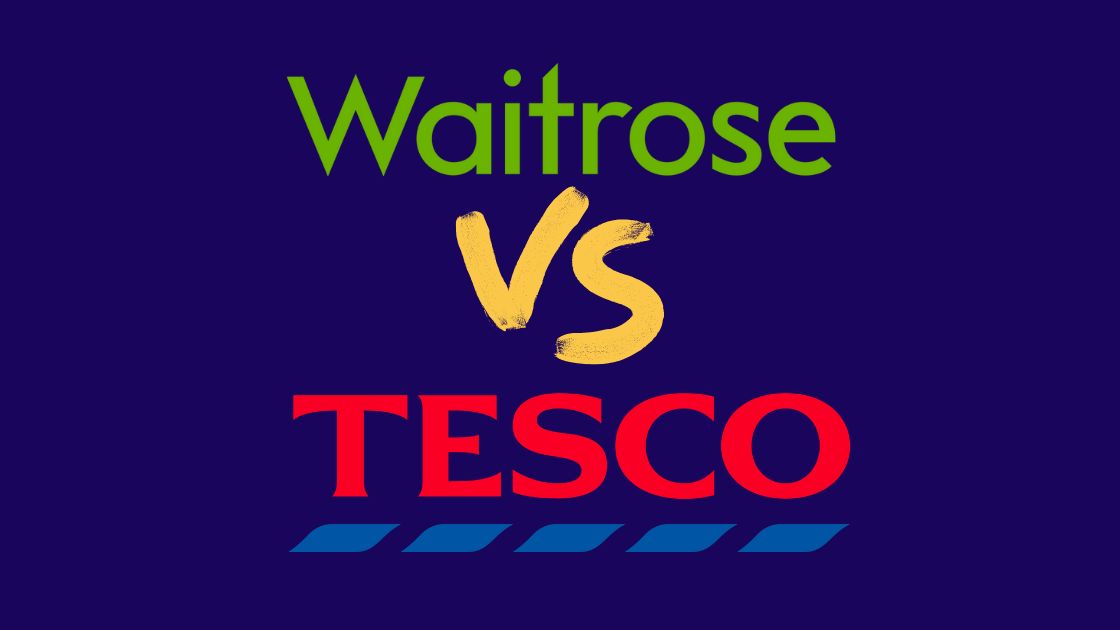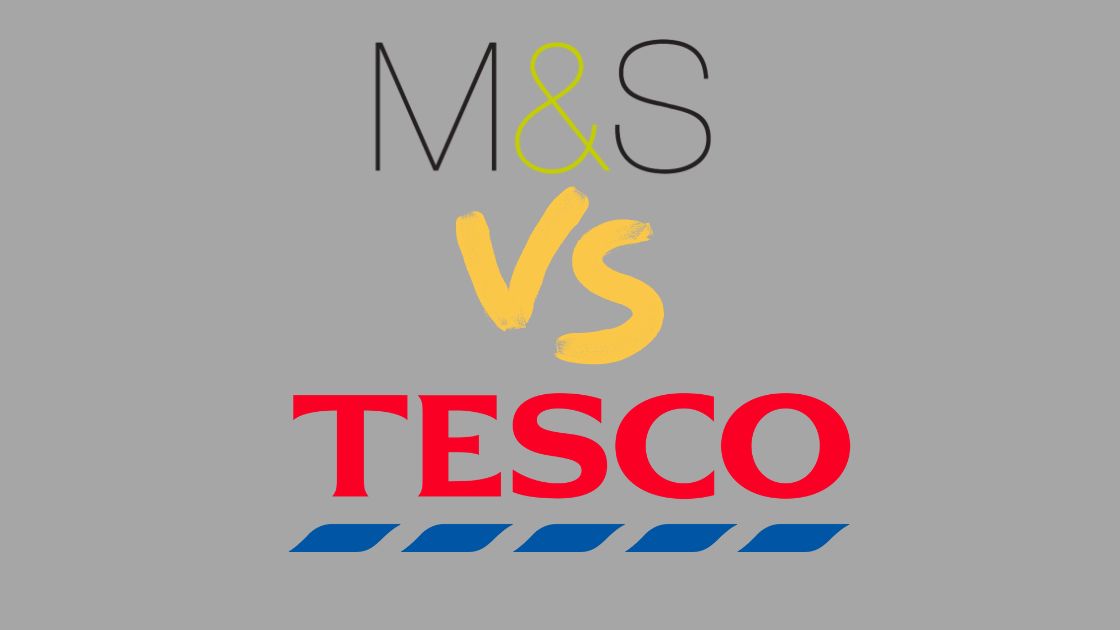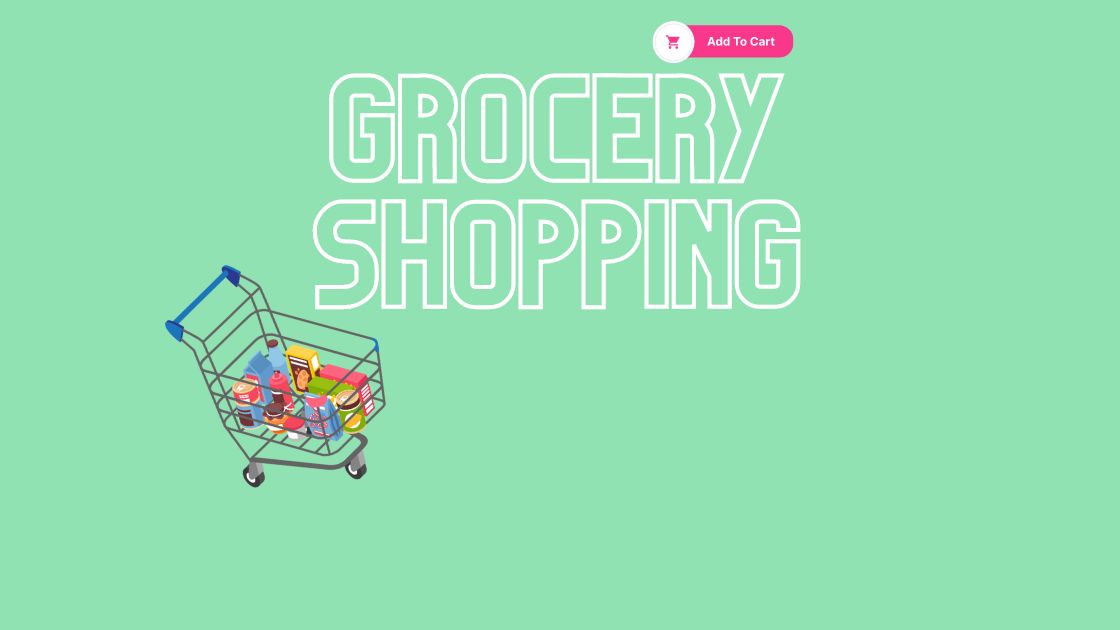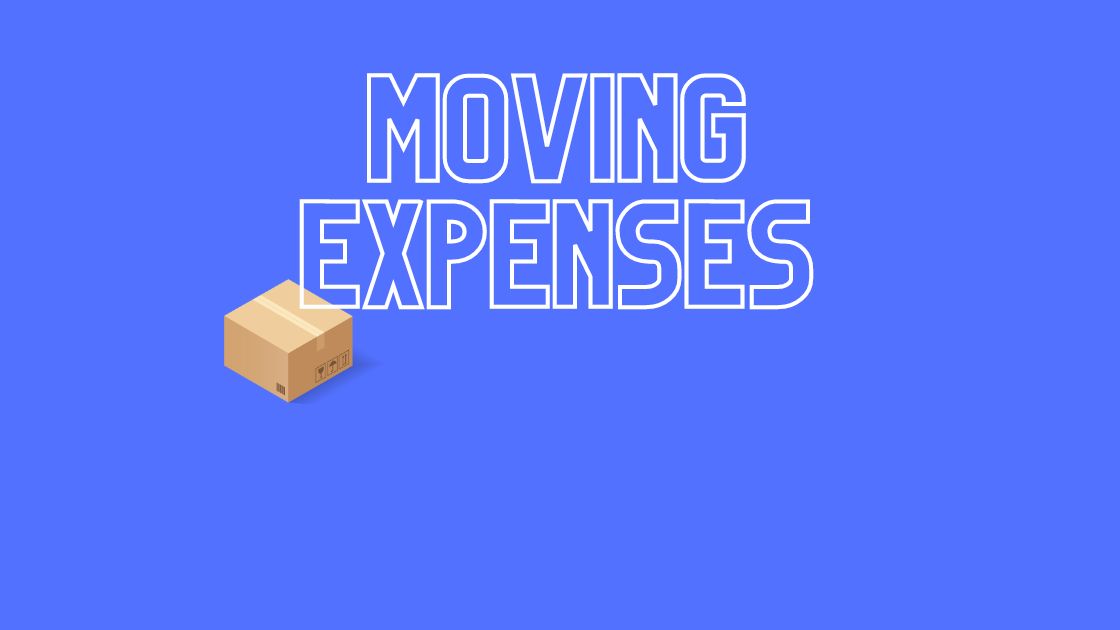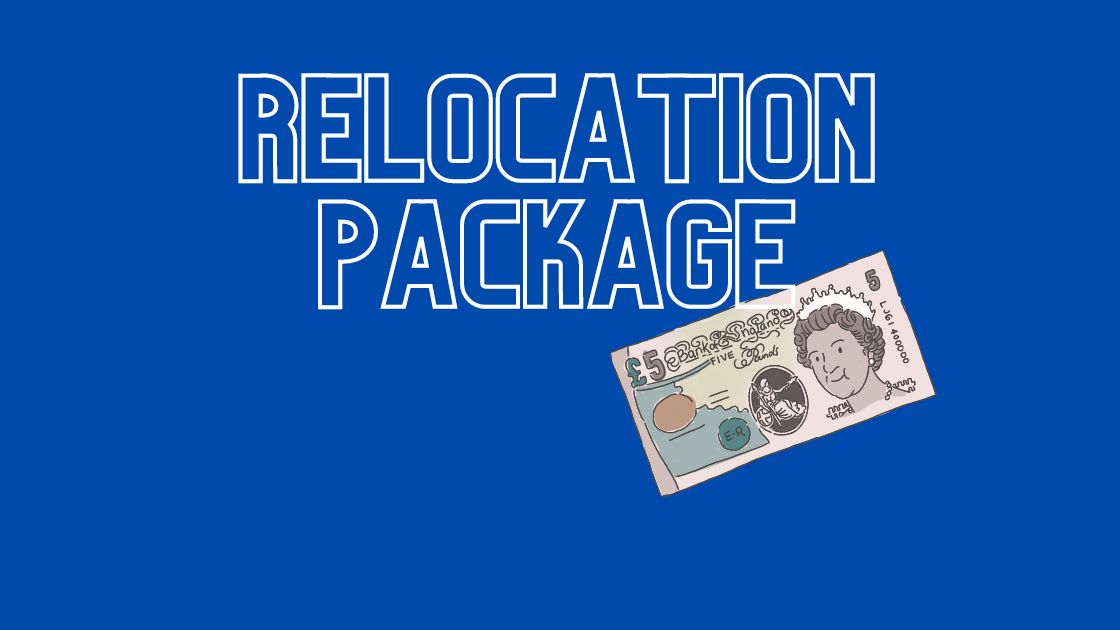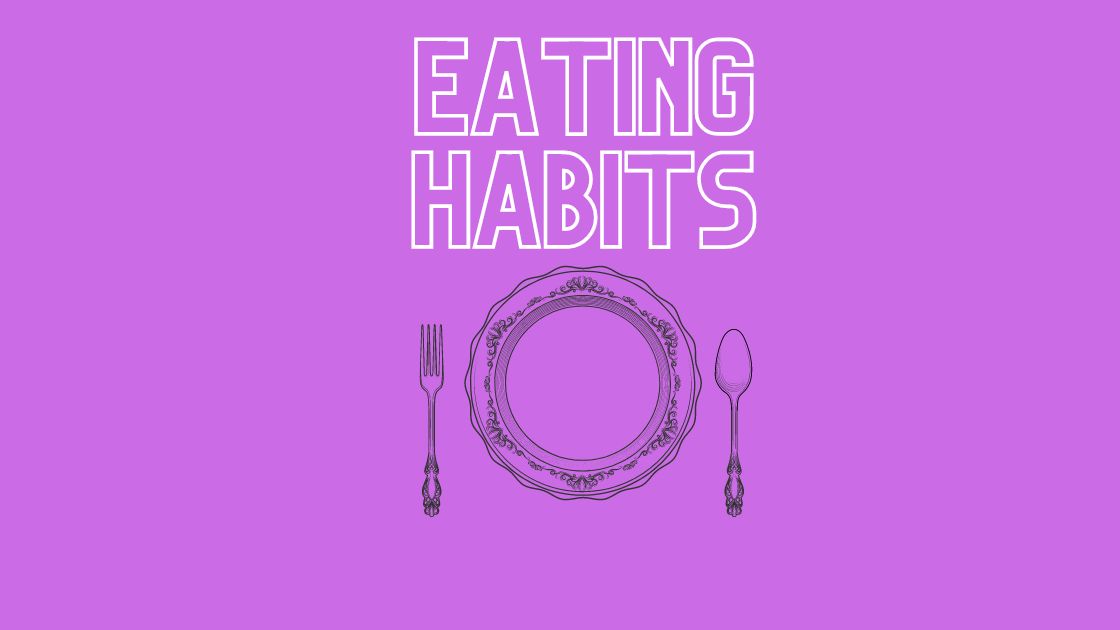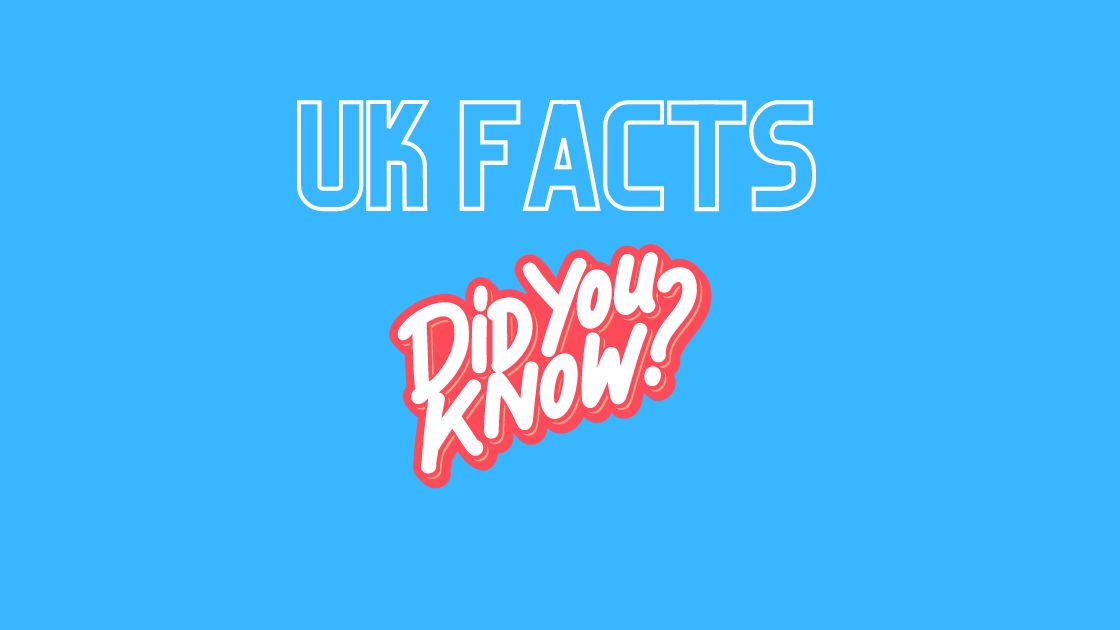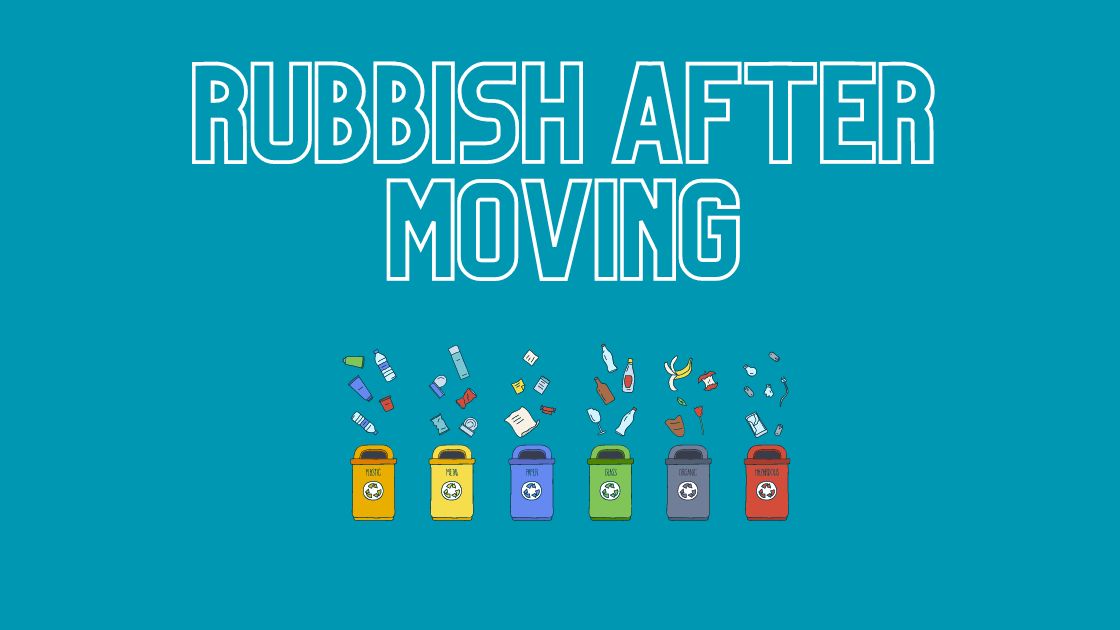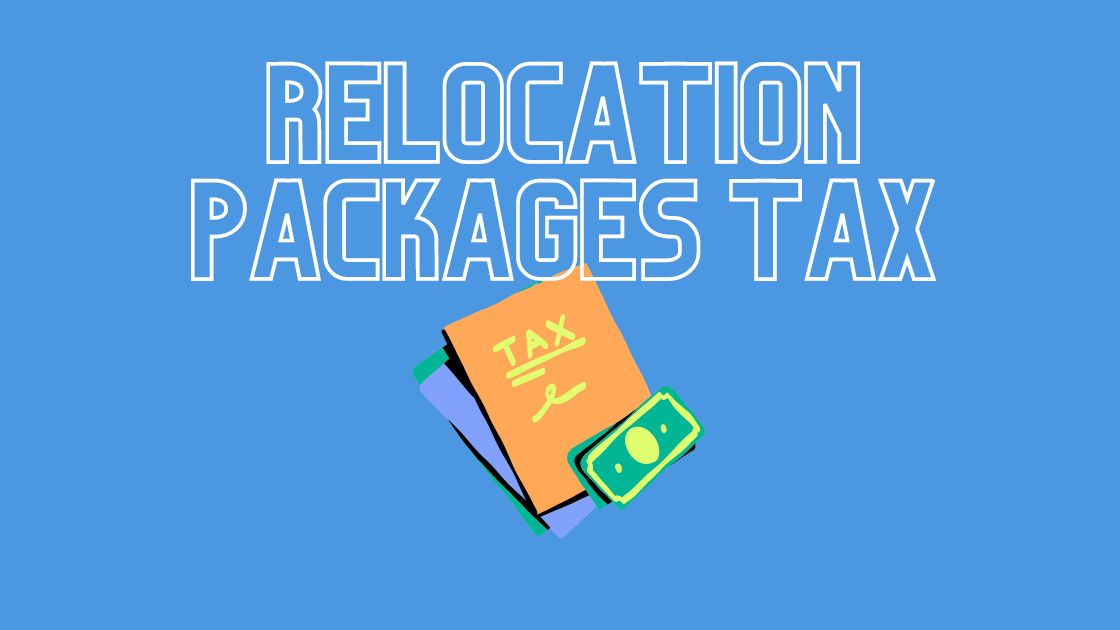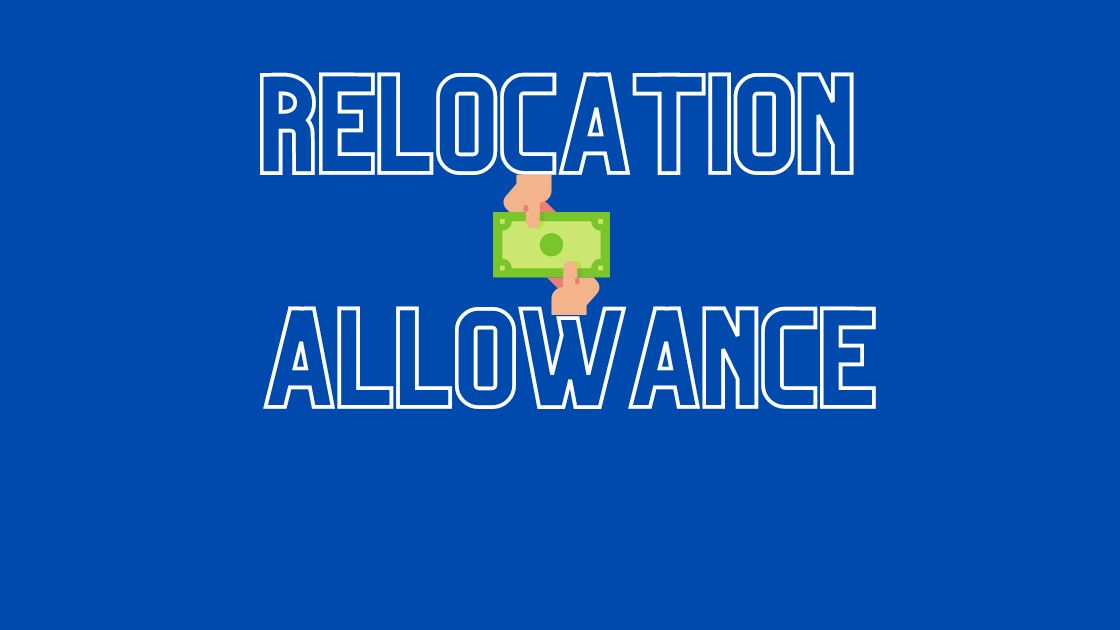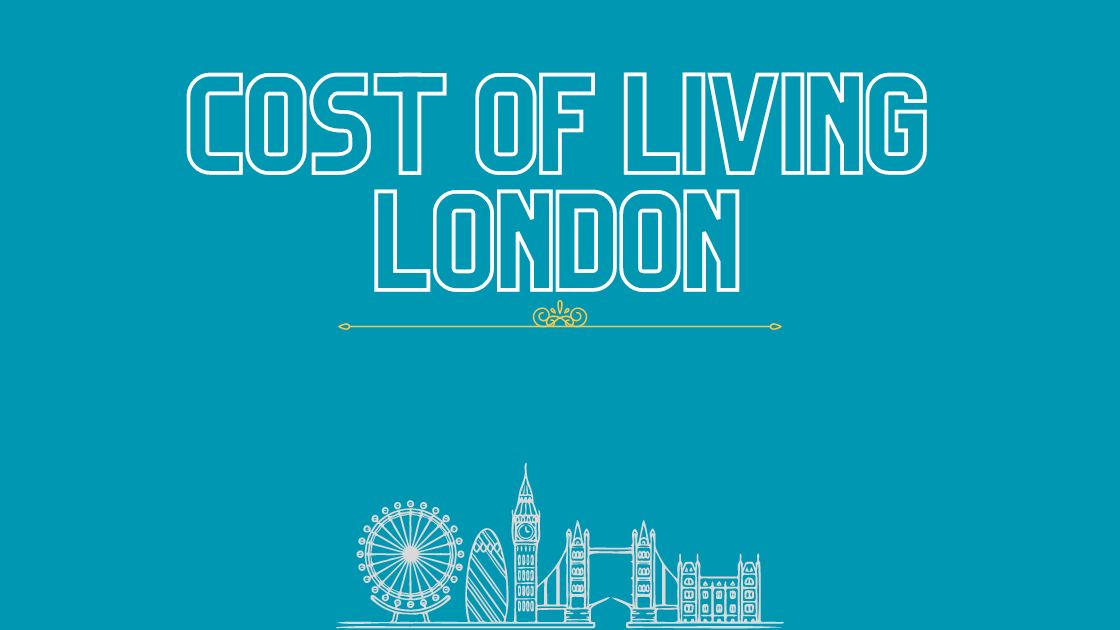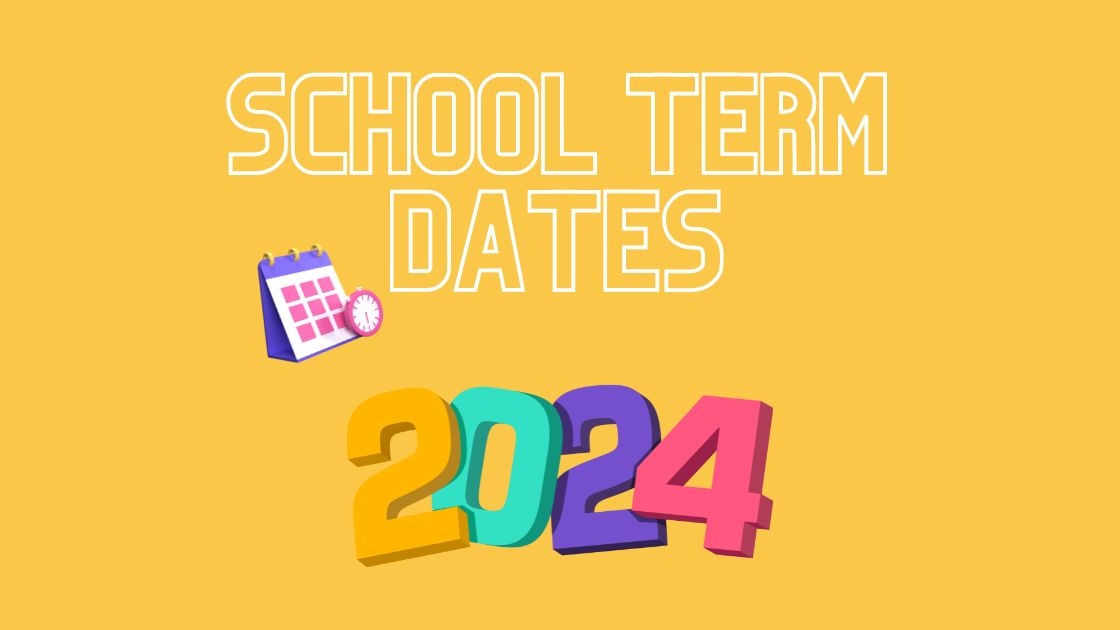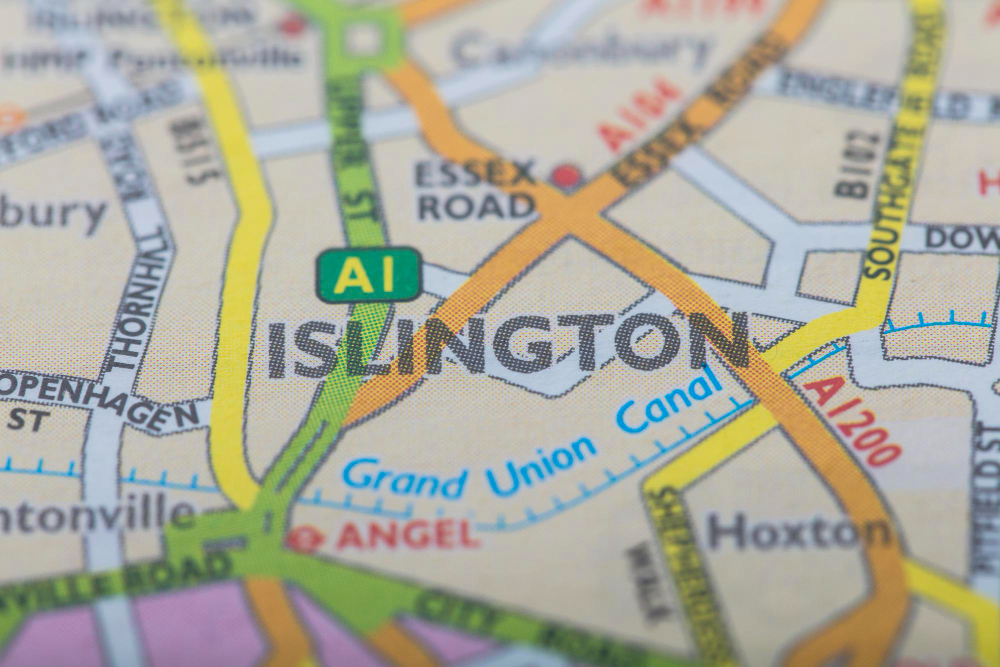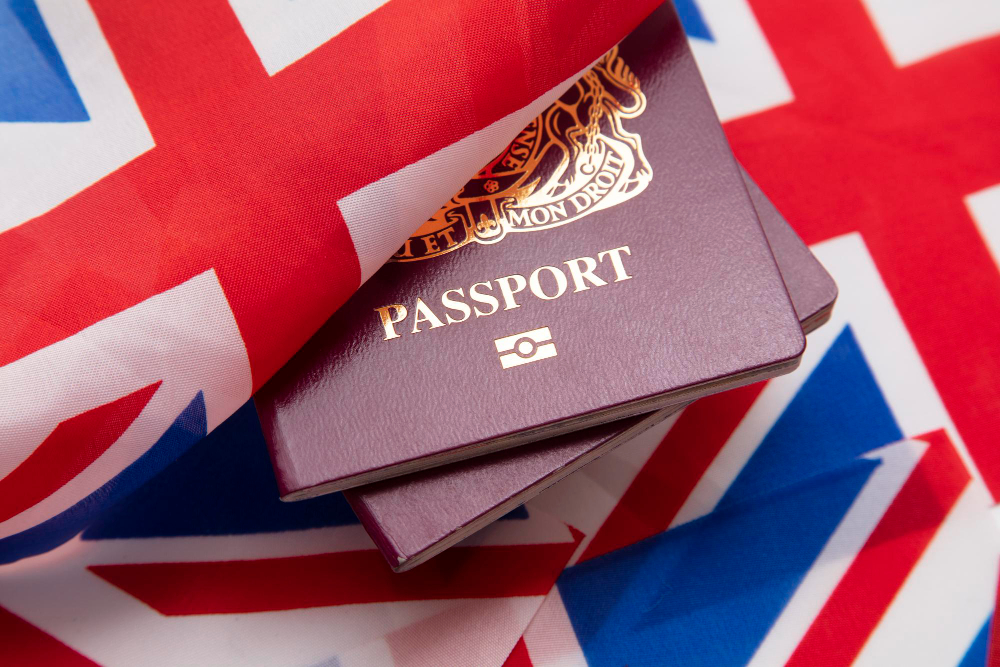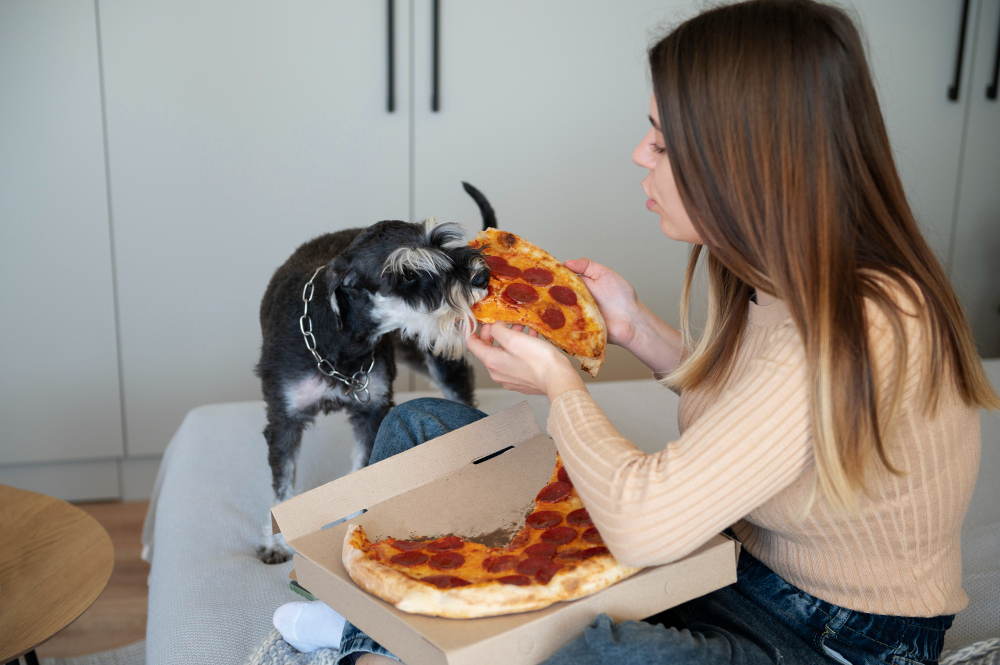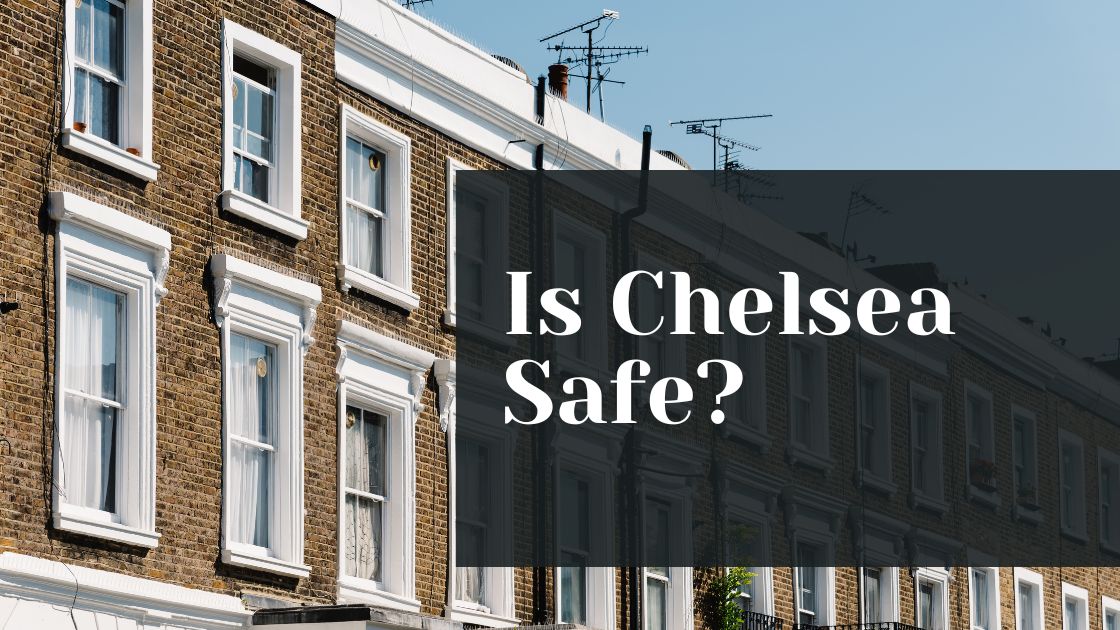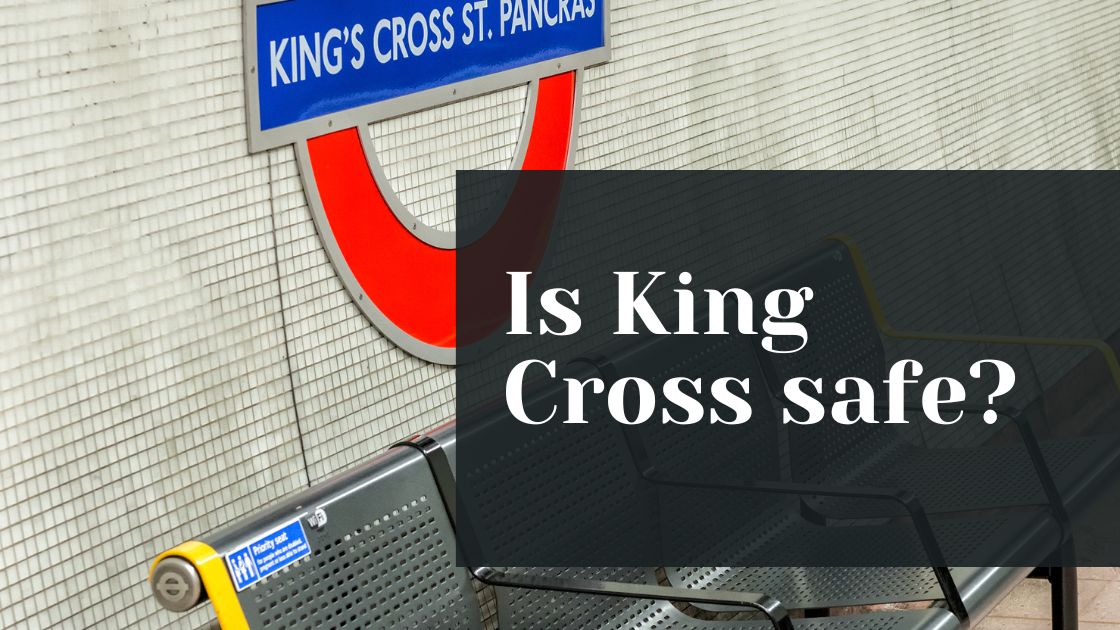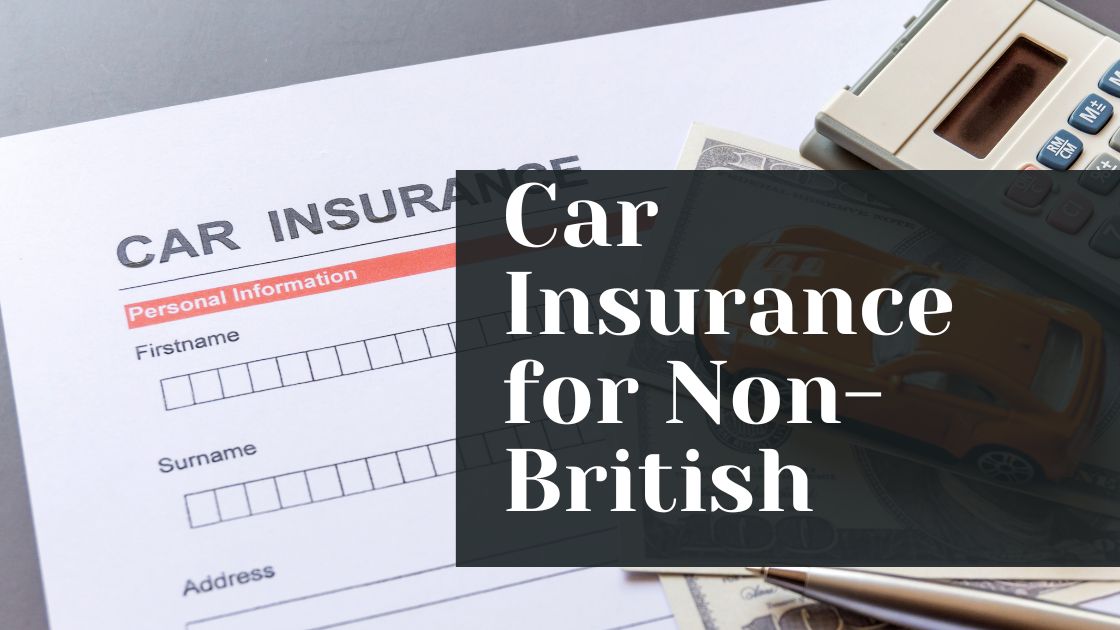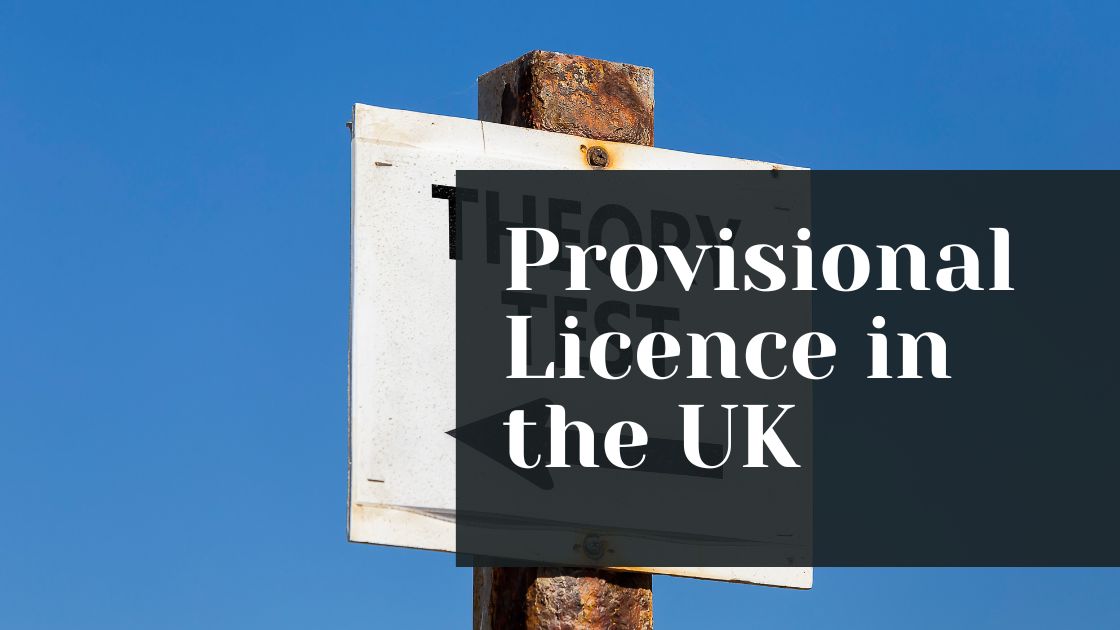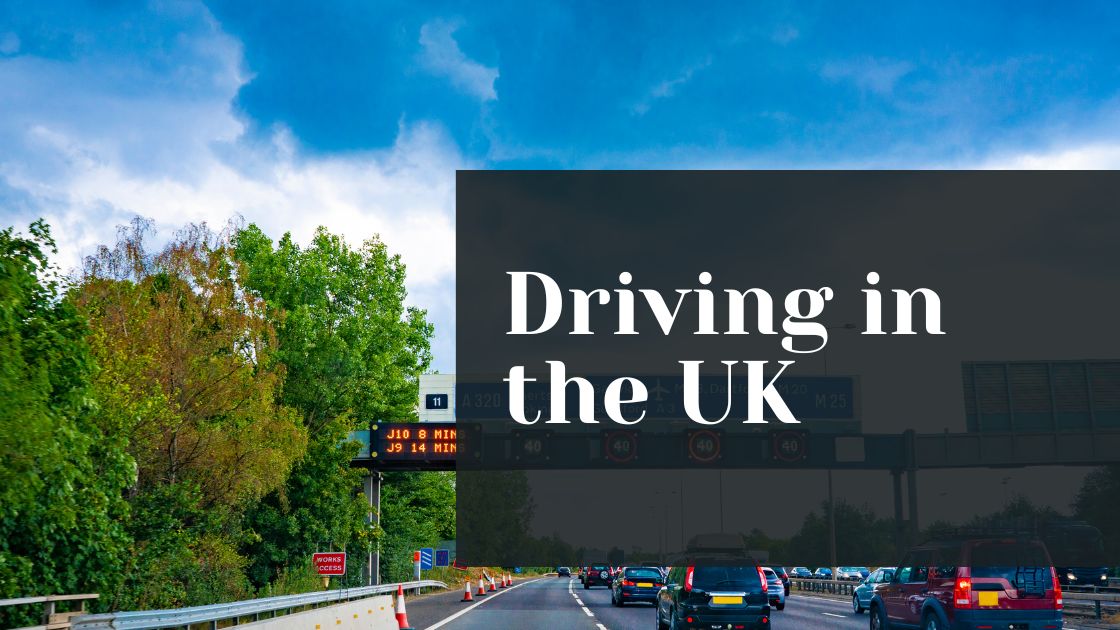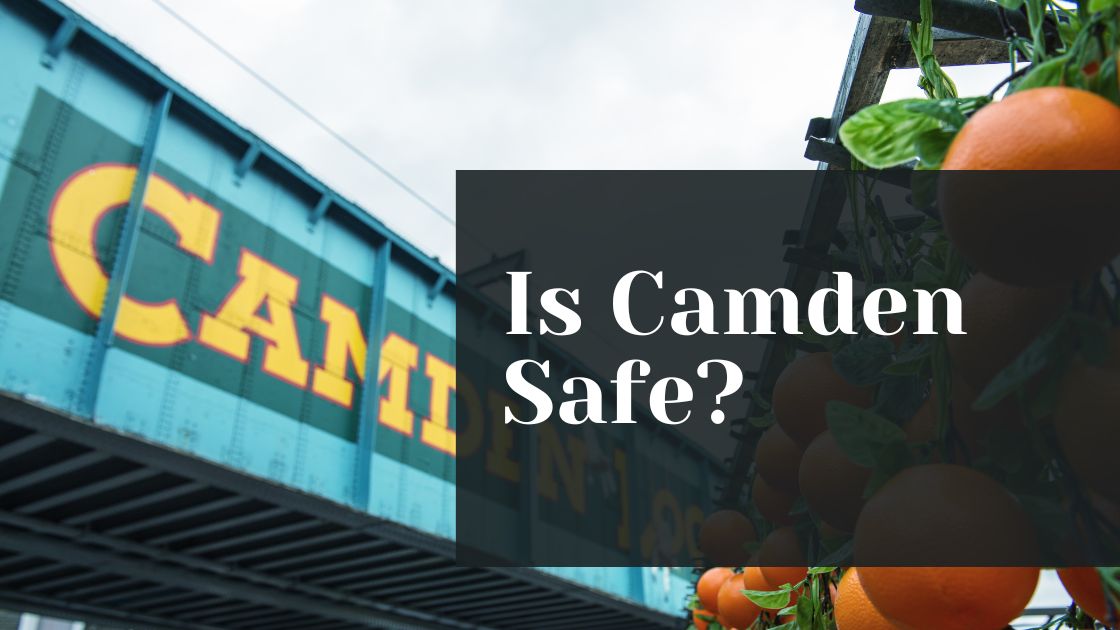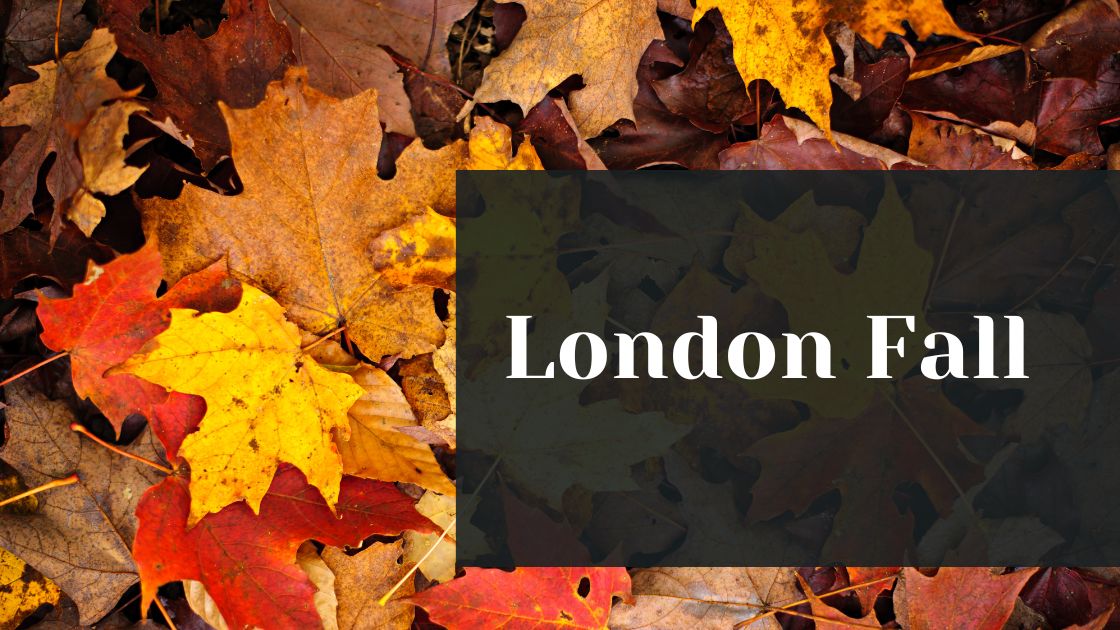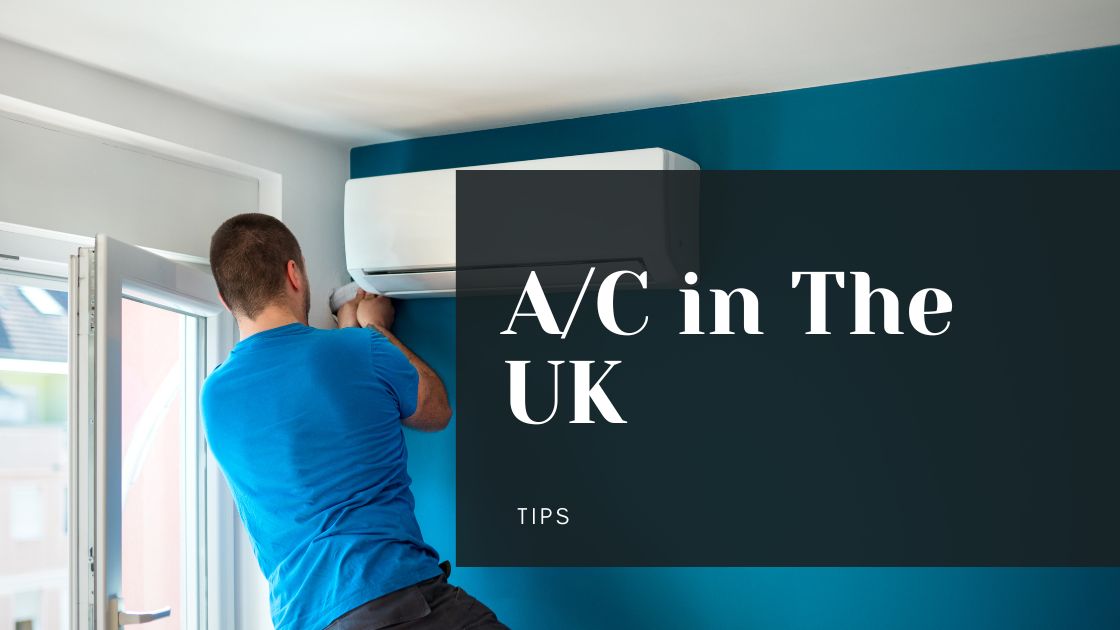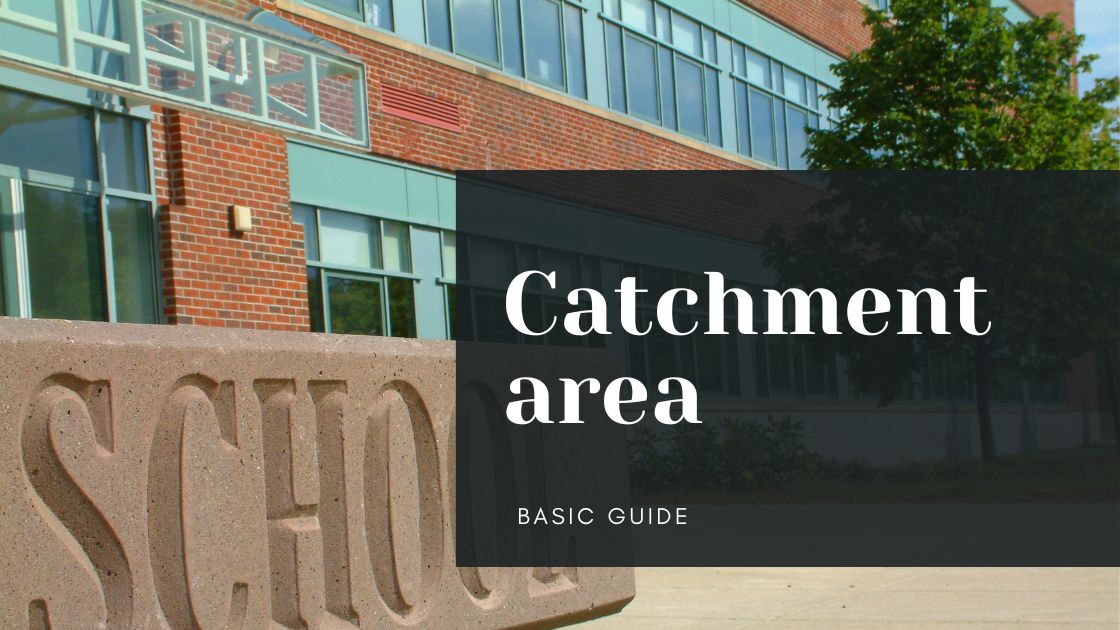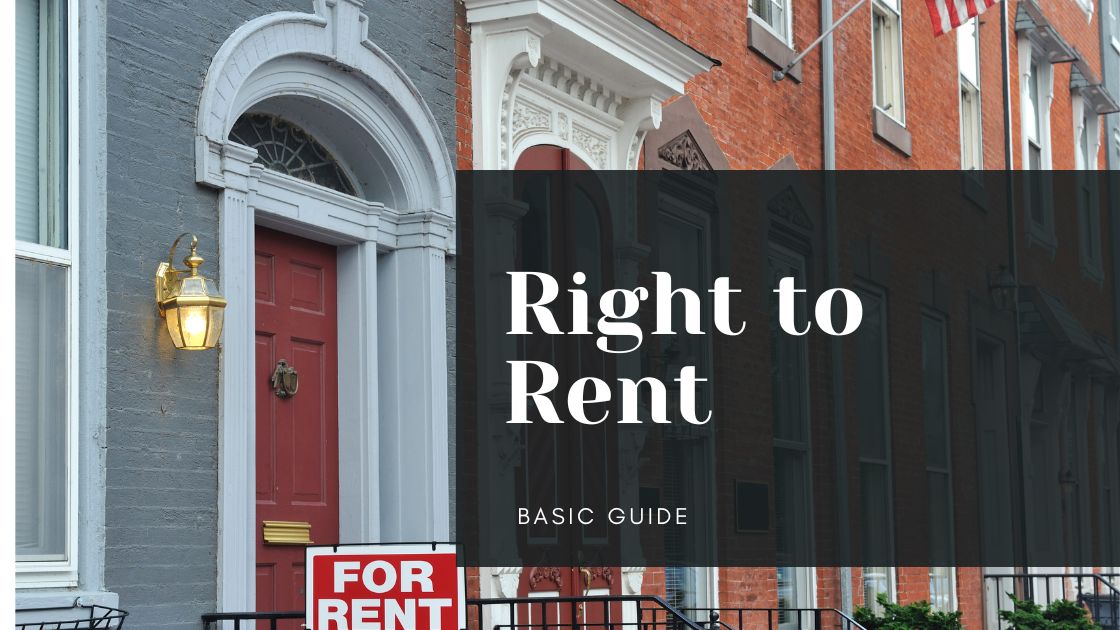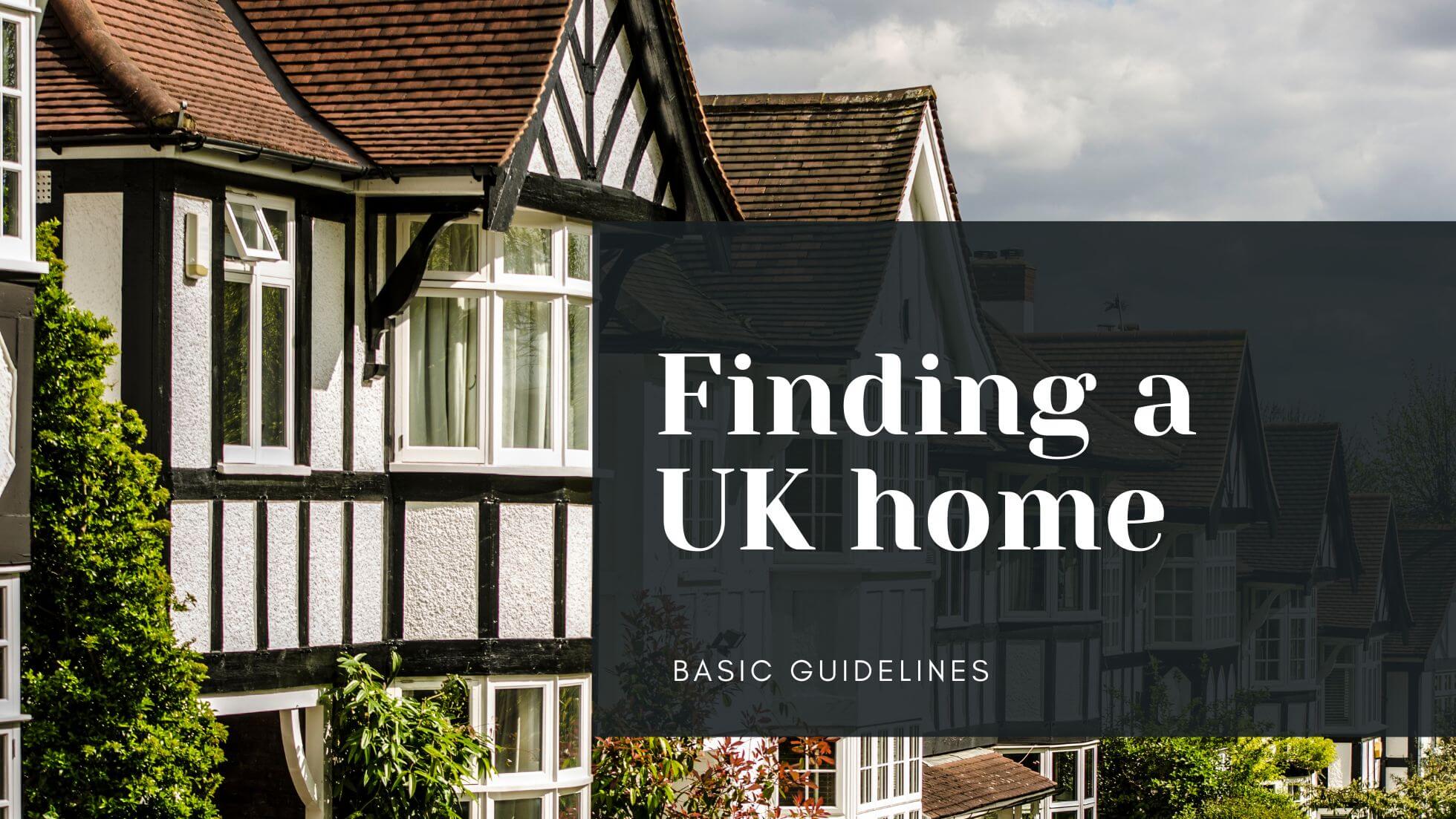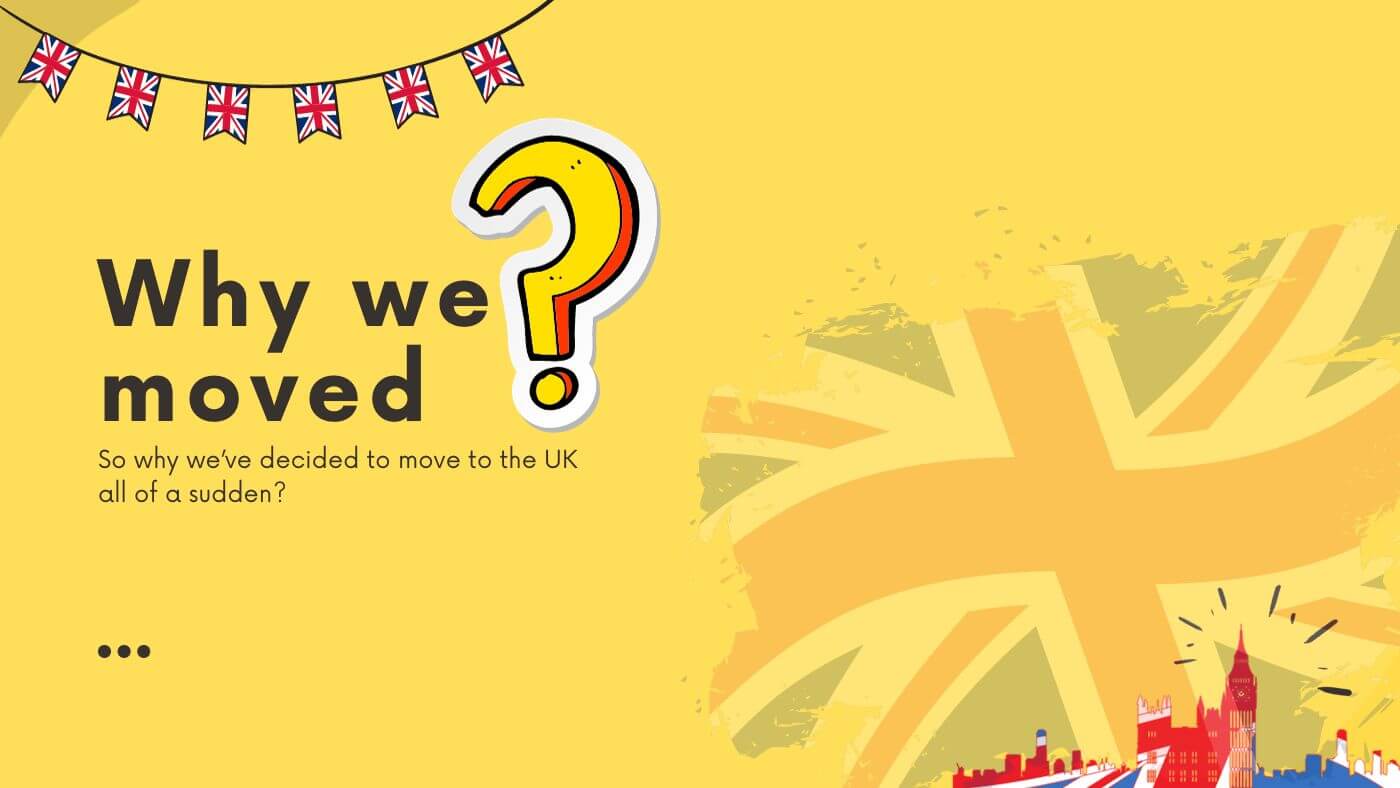There are many new things to learn when settling in a new country – from figuring out how to pay taxes to getting a new driver’s licence. Even knowing how to get rid of your rubbish and it all starts with garbage collection….. and let me tell you- you’ll have TONS of it in the first months after you move.
Yes, you read that right, there’s a proper way to throw away your trash here, one that you might not be familiar with yet. For starters, the UK is quite particular about separating waste. You’ll find that each council has its own colour-coded bins and collection schedules, and they can be pretty strict about what goes where.
The goal of this post is simple – to give you the lowdown on managing your household waste without any fuss. Think of it as a heads-up to keep you on the good side of the bin collectors and make sure you’re doing your bit for the environment right from the get-go.
So, let’s get your waste sorted, shall we?
UK’s Waste Management System
The UK renewed its dedication to being more environmentally friendly in 2021 by adopting a new Environment Act. But we sorted out waste into different categories and had a different collection day for each one even before that. Every UK region is doing their best to participate, with local councils pulling the strings behind the scenes.
You might be wondering why you need to bother separating your glass from your plastics and making sure your cardboard isn’t soggy. The UK can produce up to 222.2 million tonnes of waste a year, so we try to keep as much waste as possible from ending up in landfills. If you chuck everything into one bin willy-nilly, it makes it a whole lot harder to recycle.
Understanding Your Local Collection Schedule
So, how do you make sure you’re on top of it? First things first, head on over to your local council’s website. It’s full of helpful info on what days your collections fall on and the specific rules for sorting your waste.
You don’t want to put the wrong thing in the wrong place and end up with a full bin for another fortnight. Just type in your postcode, and you’ll have all the info you need.
They might even have a calendar you can print out and stick on the fridge. If you’re not too tech-savvy or just prefer a chat, give your local services a ring – they’re there to help, and it’s also a good way to get to know how things work around your new neighbourhood.
Being on top of your collection schedule means you can plan your waste sorting ahead of time. It’s a small thing, but trust me, one that can make your life a bit easier. Plus, getting the kids involved can turn recycling into a game – who knew being green could be fun, right?
Colour Coded Rubbish Bins
One thing you might have noticed is the collection of colour-coded rubbish bins in front of most houses in your neighbourhood. They’re a good visual reminder that different things need to go in different places. So, let’s break down what goes in which bin so you can get it right from the start and avoid any messy mistakes.
- Black Wheelie Bin. Used for the general household waste that can’t be recycled. Think of the stuff that is still a bit tricky to process – nappies, plastic film, and polystyrene. You’ll want to use this bin for anything that doesn’t fit into the recycling categories, but remember to keep it to a minimum. The less we send to landfill, the better.
- Blue bin. This is your go-to for paper and cardboard. This includes newspapers, magazines, envelopes (yep, even the ones with the little windows), and cardboard boxes, but make sure they’re not soiled with food or grease. Flatten boxes to save space, and you’re golden.
- Brown Bin. While not a general rule, this bin is usually meant for garden waste. We’re talking grass cuttings, leaves, twigs, and even dead flowers. Just don’t chuck in any soil or stones – they don’t belong in there. Often, there’s a separate collection for this bin, so check your local council’s website for the schedule.
- Green Bin. This is where you can get rid of bottles, cans, tins, and plastic containers. Give them a quick rinse and pop them in loose, no need for bags. It’s amazing how much can be recycled nowadays, from yoghurt pots to shampoo bottles and even aerosol cans. Just double-check the labels if you’re unsure what can be recycled.
See our bins collection 🙂
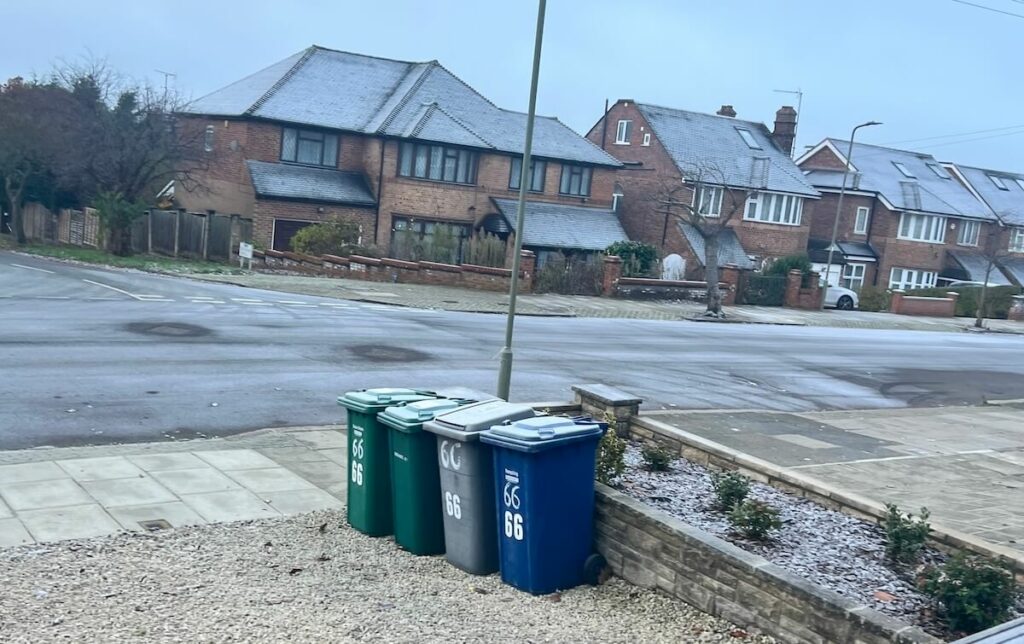
An important caveat to note – not every borough uses the same coloured bins we listed for the same type of waste. To make sure you’re not making a blunder, double-check what your local council has to say on the matter and stick to their rules.
Special Collections for Bulky and Hazardous Waste
Sadly, not everything can go in the bin. Mostly because it doesn’t fit, like an old couch or a broken-down refrigerator. You can’t just put these out next to the normal rubbish. Once again, your local council has special services for bulky items like these.
The same goes if you’ve stumbled upon a stash of old paint cans or batteries while sorting the garage. Hazardous waste needs careful handling, so it’s off to your local recycling centre with them, or you can book a special collection. Check your council’s website for the details – it’s pretty straightforward, and they’ll tell you how to get rid of it all safely.
Final Thoughts
So, what have we learned? Sorting your rubbish correctly makes a huge difference, and each council has its own rules, so it’s worth checking out local guidelines. I know that placing each empty cereal box and juice box in a different category can be a bit of a hassle, but teaching our kids to recycle becomes second nature with a bit of practice.
Your effort in separating glass, plastics, and paper means your kids get to play in a cleaner environment. We all play a part in keeping the UK clean, and by managing our household waste smartly, we’re doing our bit for a greener future.

